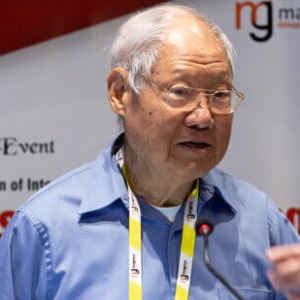Regenerative Medicine
In contrast to the present clinical strategy, which focuses mostly on treating symptoms, regenerative medicine aims to restore tissue or organs that have been damaged by disease, trauma, or congenital abnormalities. Tissue engineering, cellular therapy, medicinal gadgets, and artificial organs are among the technologies employed to achieve these goals. Regenerative Medicine is a promising discipline that aims to restore the structure and function of damaged tissues and organs. It's also focused on developing treatments for organs that have been irreparably damaged. The purpose of this strategy is to develop a technique to treat injuries and diseases that were previously untreatable. The discovery of medicines that can regenerate tissues and reduce dependency on transplants is motivated by the loss of organs and tissues due to disease and damage. Regenerative medicine is an interdisciplinary field that uses engineering and life science principles to stimulate regeneration in damaged and wounded tissues and organs. Beyond disease treatment, regenerative medicine seeks out and develops therapies that help the body repair, regenerate, and restore itself to a healthy state.

Murray Moo Young
University of Waterloo, Canada
Limongi Tania
University of Turin, Italy



Title : Improving health in over 40,000 patients: The impact of nanomedicine fighting antibiotic resistant infections
Thomas J Webster, Brown University, United States
Title : Advancement in dual lateral flow immunoassay design for sensitive, rapid detection of rotavirus and adenovirus in stool samples
Ayan Ahmed Isse, Genexus Biotech Company, Somalia
Title : Evaluating cell compatibility and subcutaneous host response of silk fibroin–chitosan plug composites as potential resorbable implants
Luis Jesus Villarreal Gomez, Universidad Autonoma de Baja California, Mexico
Title : Renewed novel biotech ideas, with bioreactor bioengineering economic impact
Murray Moo Young, University of Waterloo, Canada
Title : Osmotic lysis–driven Extracellular Vesicle (EV) engineering
Limongi Tania, University of Turin, Italy
Title : Diversity analyses of microbial communities in Armanis gold-polymetallic mine and acid mine drainage: Bioremediation
Anna Khachatryan, SPC Armbiotechnology of NAS of Armenia, Armenia